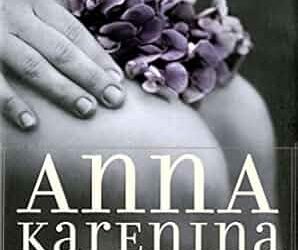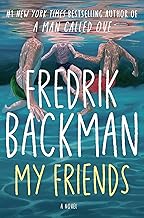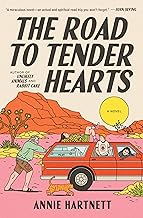Gilead was not the last book I read. I read it while in recovery from my broken neck, which I am still in–just more recovered. But, because of that, I read it in broken segments, sometimes with days between, which isn’t fair to the story or the author; nonetheless, I didn’t find it a problem as the story seemed to have staying power with me. When I began, the format of a long letter worried me as I thought it might become tiresome, but it did not. As a Catholic, I found the Protestant narrative interesting, as well as the lifestyle of the pastors in that they have, or can have families, which was, in fact, the story.
It was one of those May/September love stories, which some folks might find offputting, but there’s none of “that” going on, and the focus is on platonic love, which is sublime. A thread of nostalgia runs through the entire novel because you know the ending. The old man is going to die and leave his young wife and young son behind, a son who will know him primarily by the letter/journal he is writing. His primary conflict is with a namesake by a close friend (also a pastor) who named his son after the narrator; however, he was a problem child who grew up and is of a similar age to the narrator’s attractive wife. I don’t need to say anymore than that other than the wife is a goodly Christian woman.
The reason I read this book is because it was on the list of 100 best, etc., and I have a penchant for prize-winners. It was beautifully written but still easy to read. I didn’t have any WTF does that mean moments, some moments of Holy Shit that was nice, and it precipitated a few Google searches and I bought “Credo” by Karl Barth, so, in the end, I felt different than I did at the beginning.




0 Comments